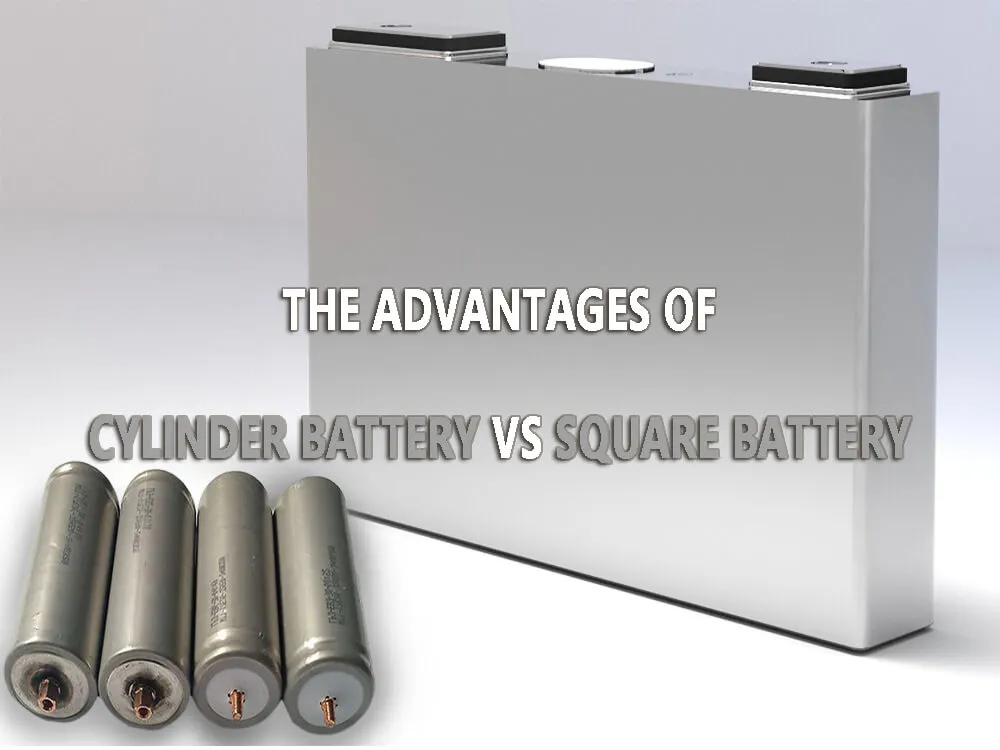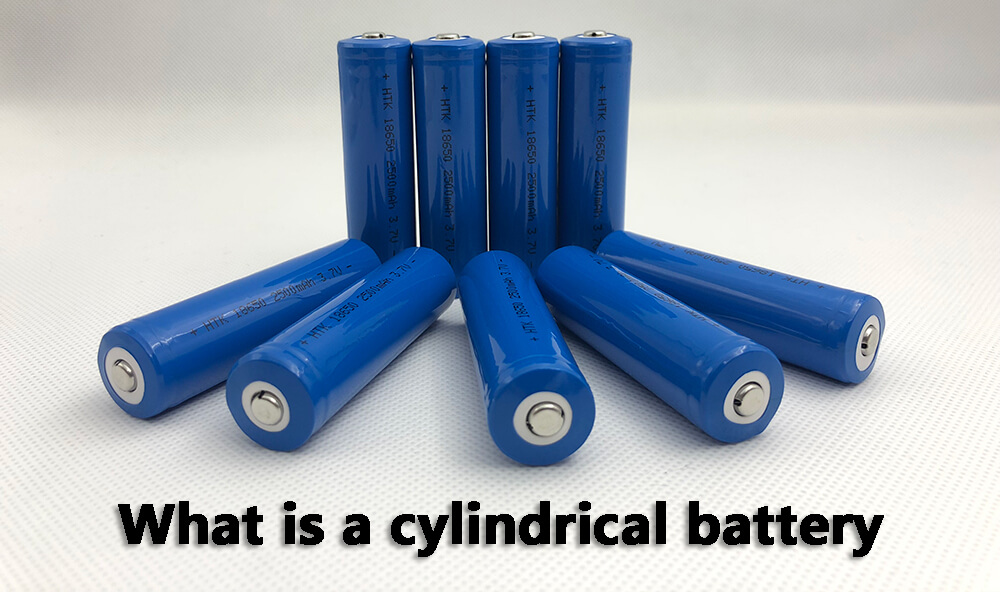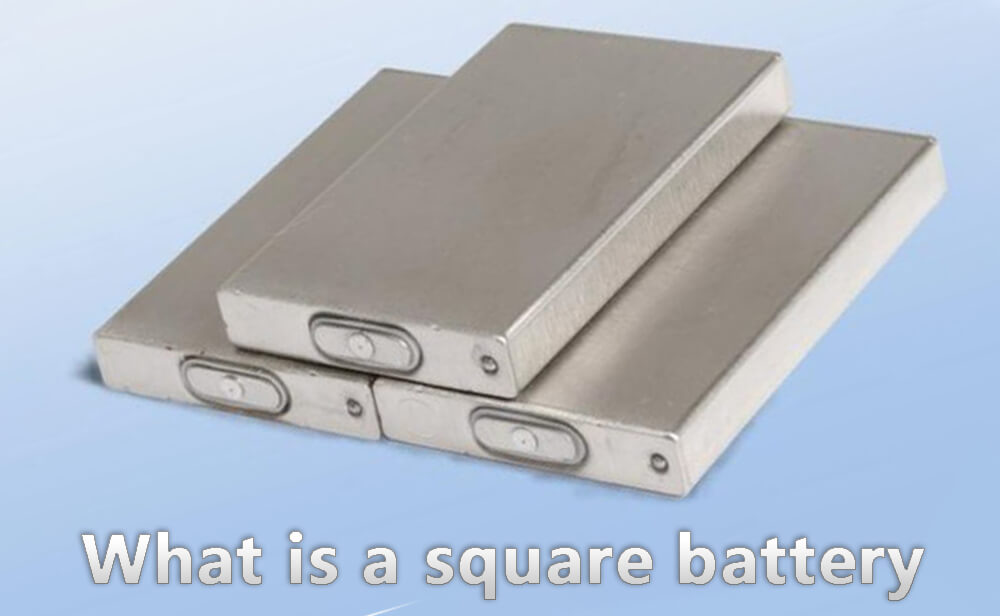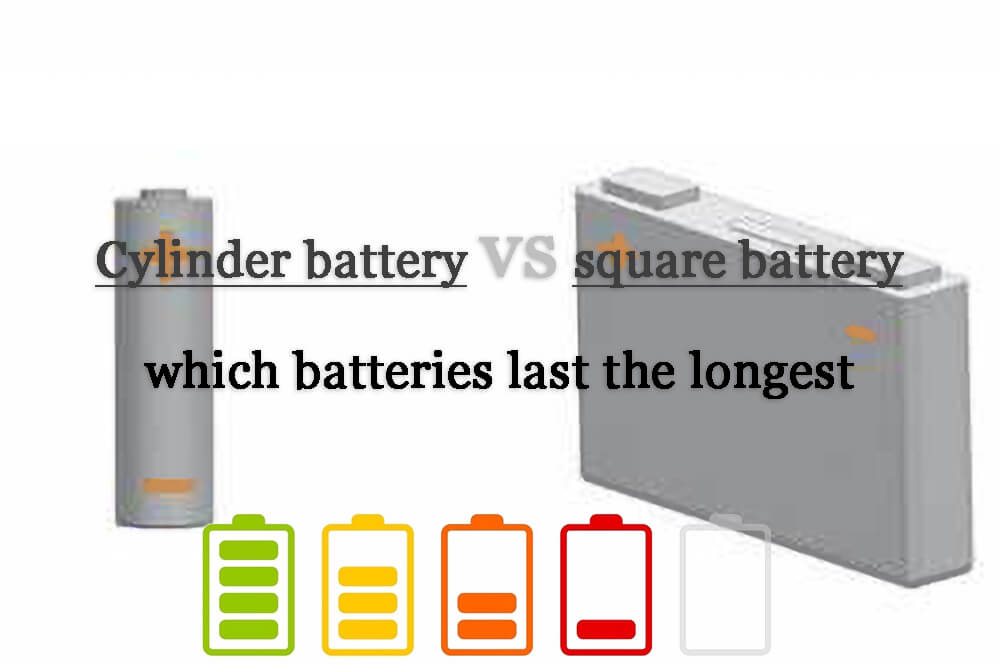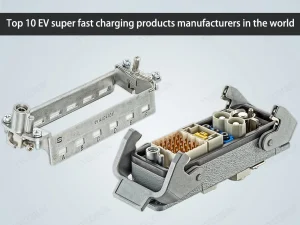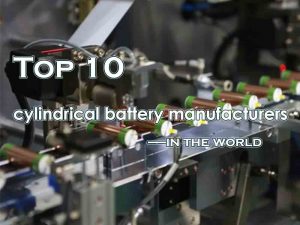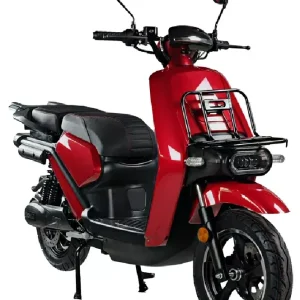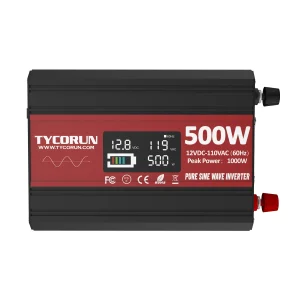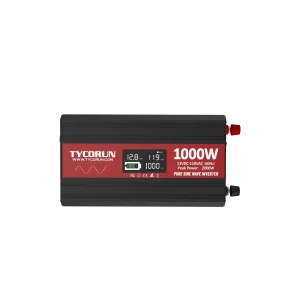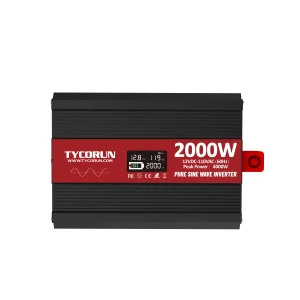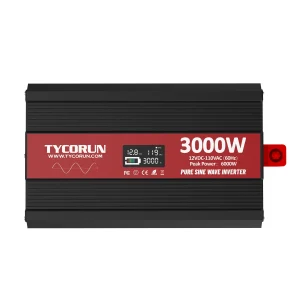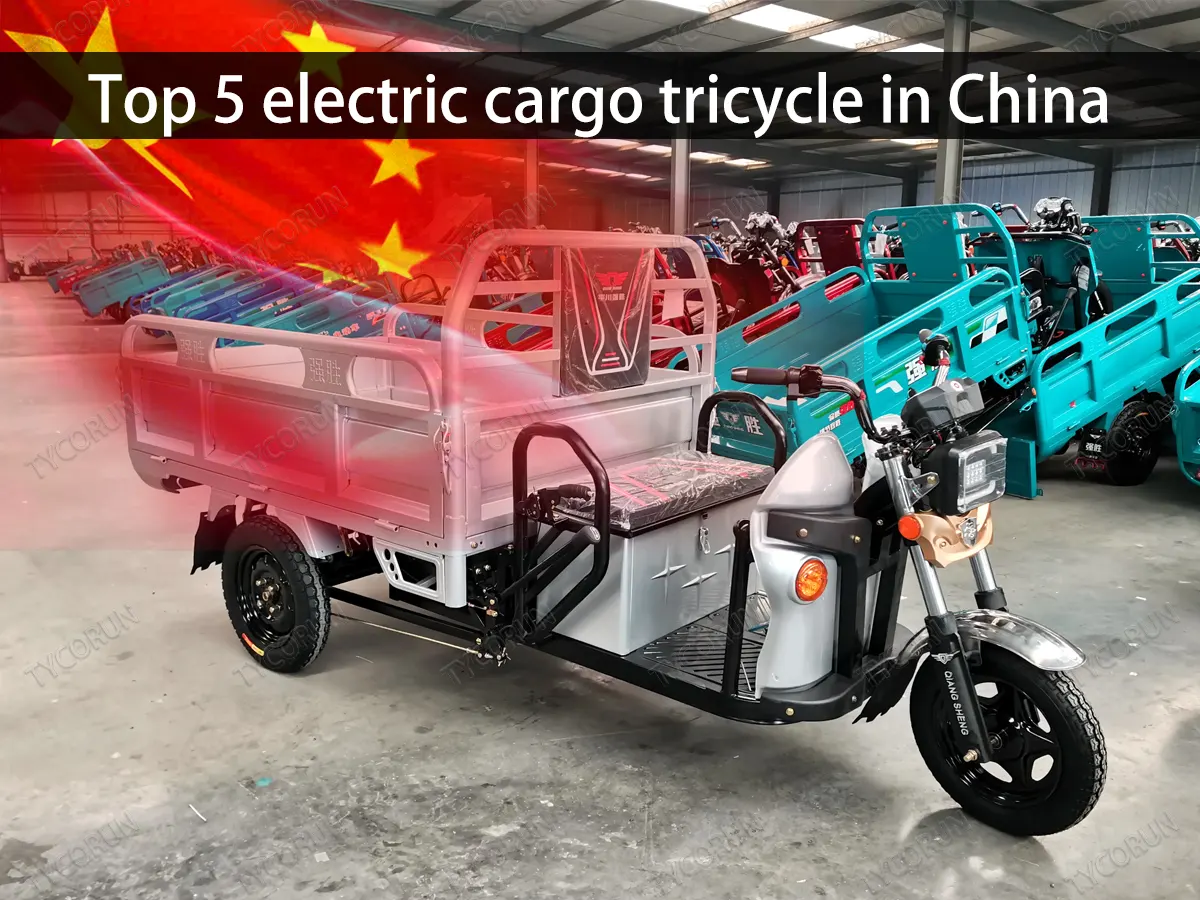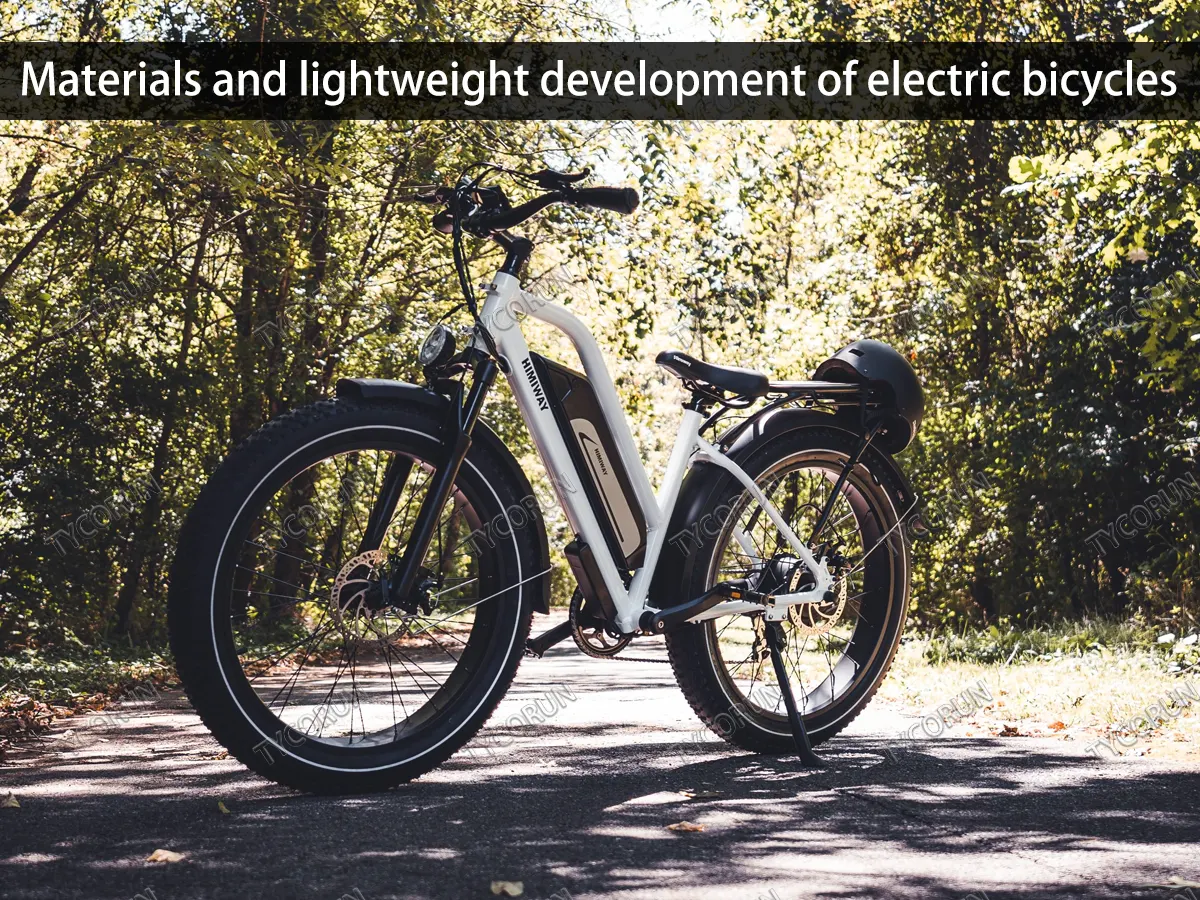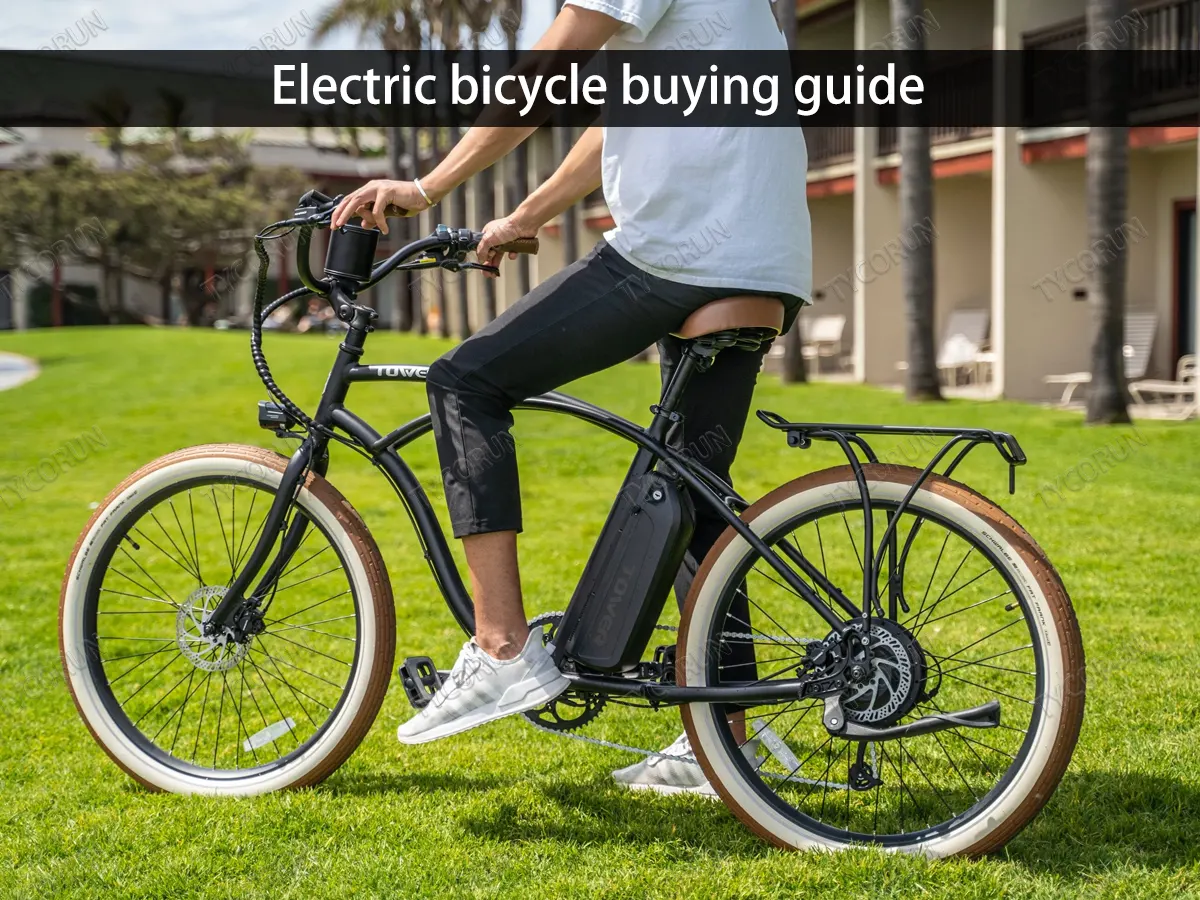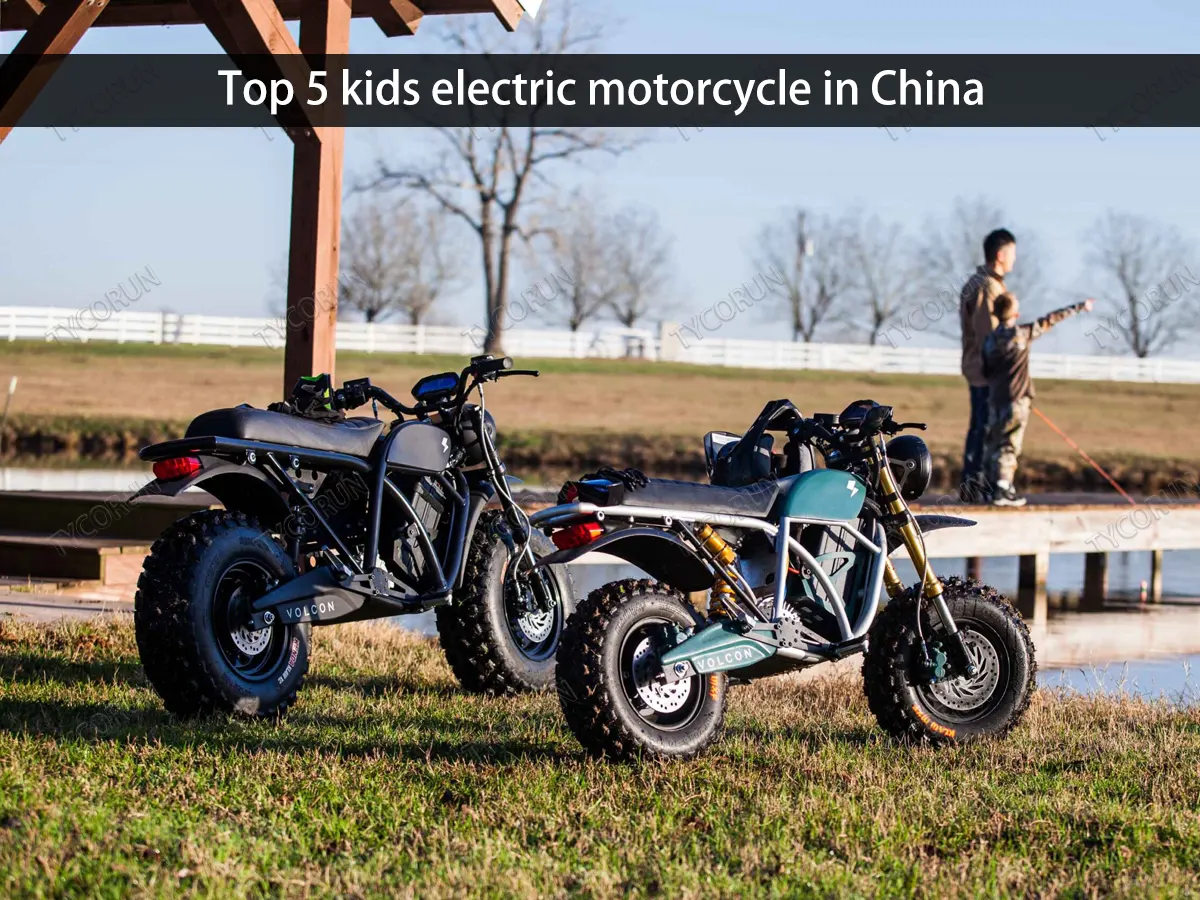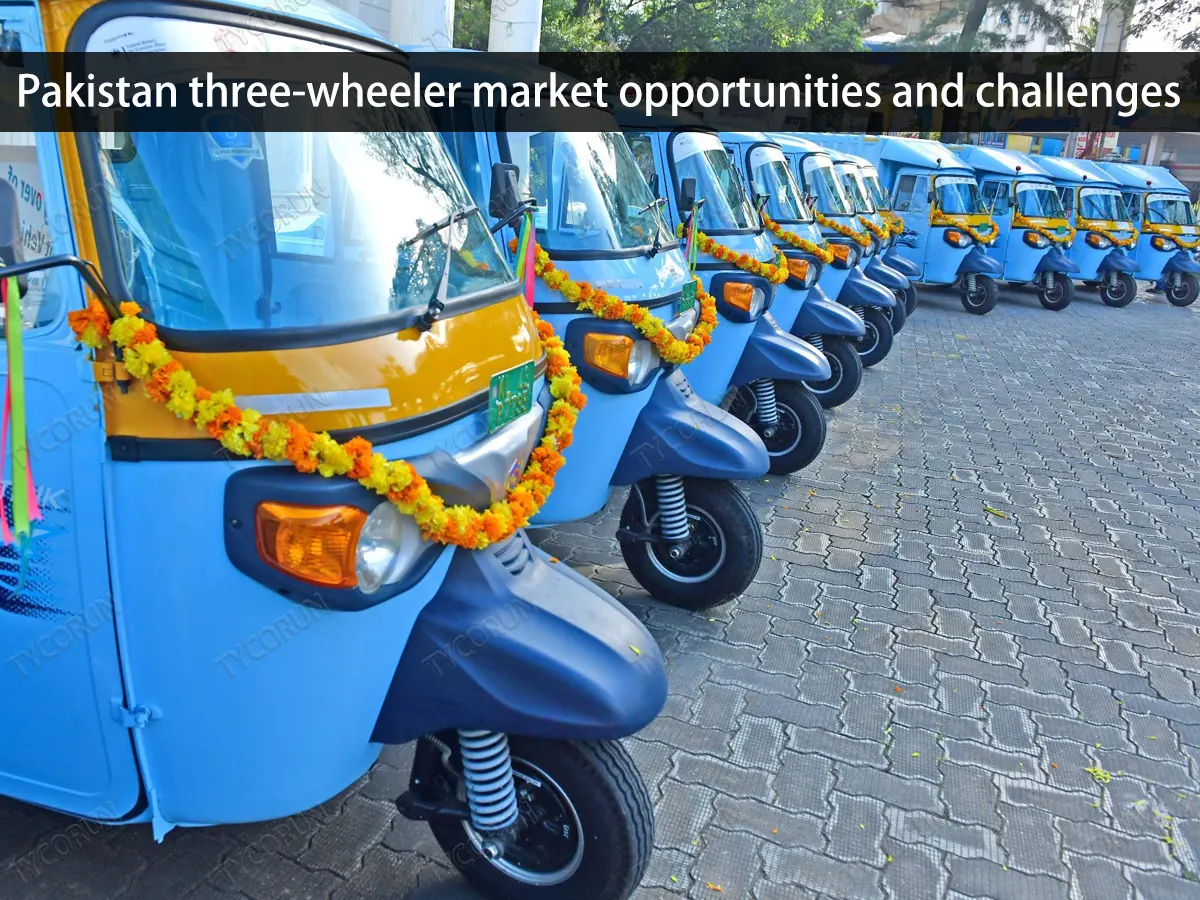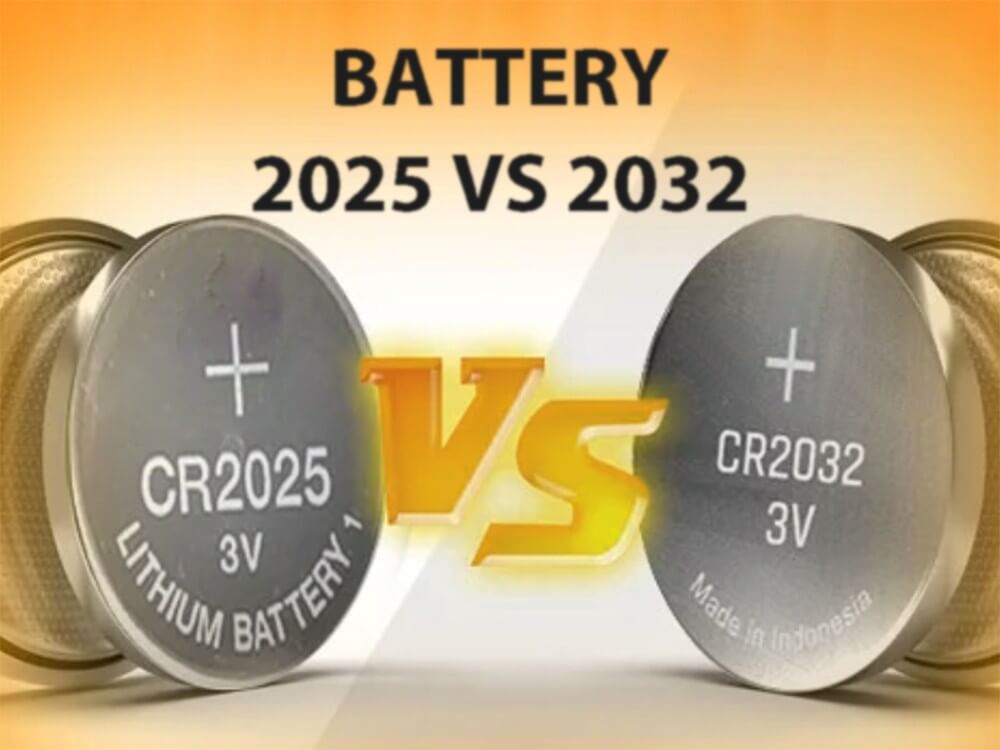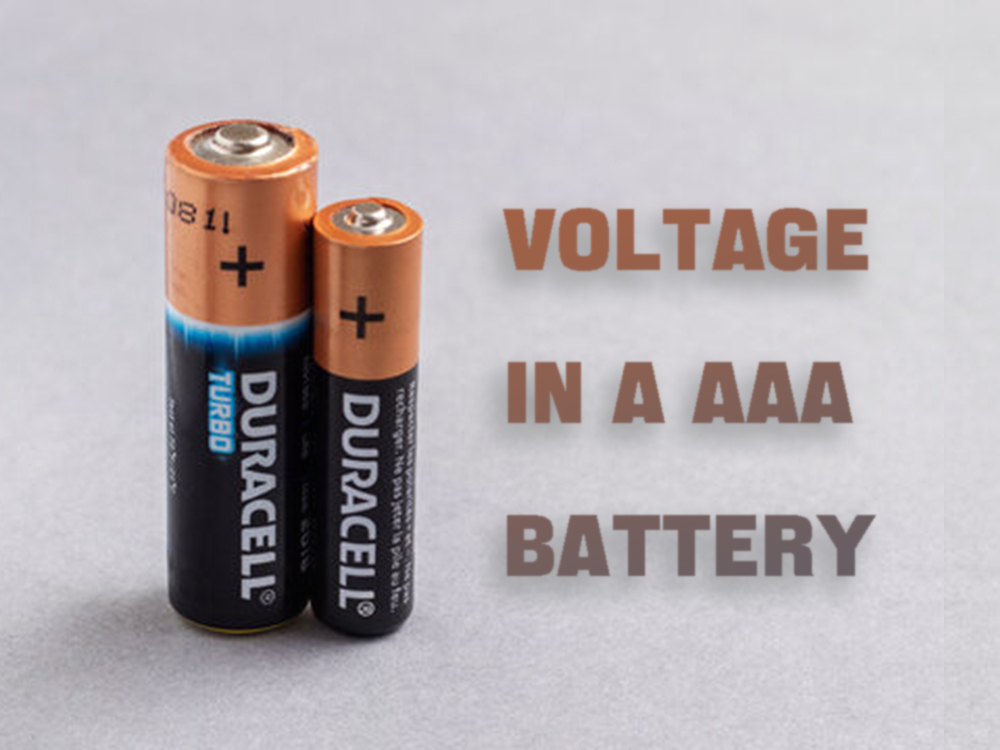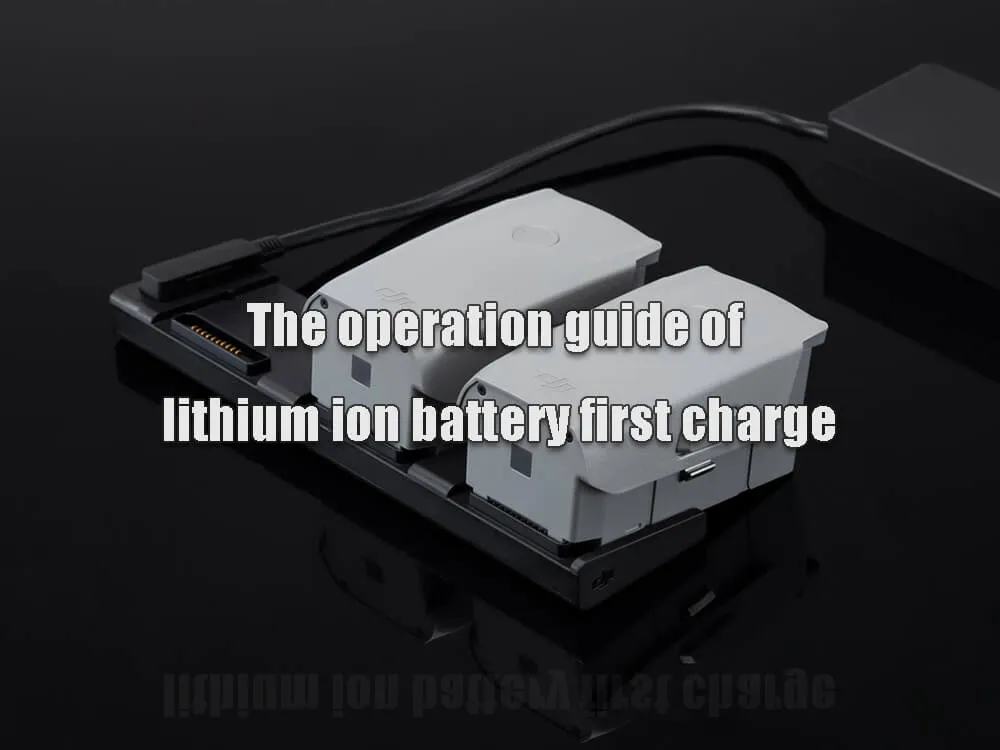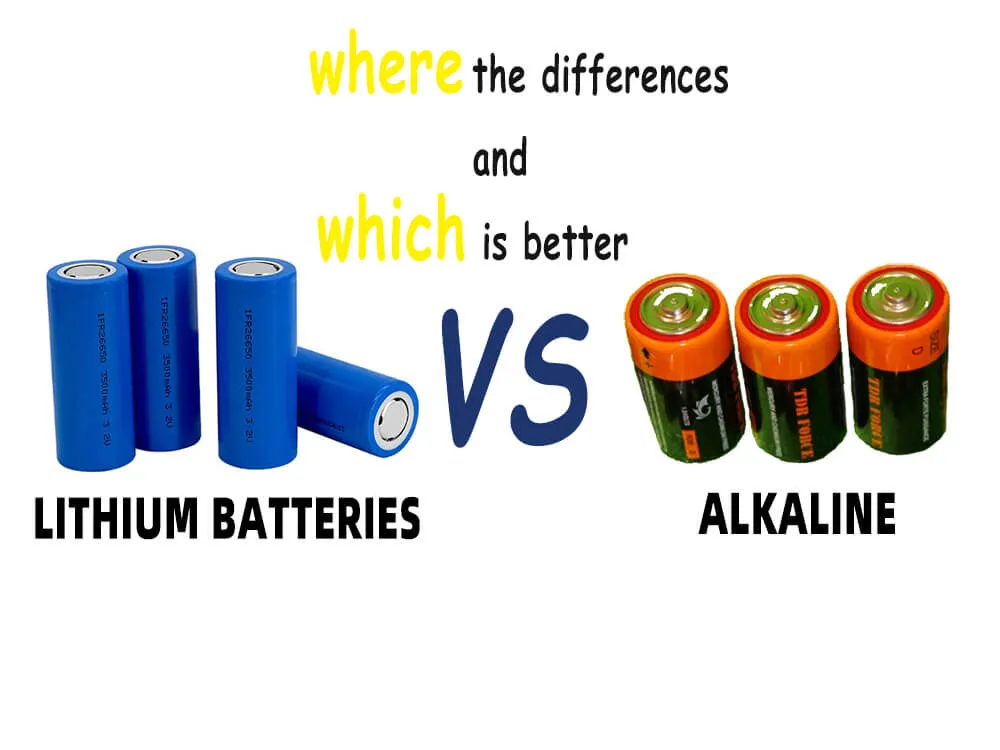Home » lithium battery market » The advantages of cylinder battery vs square battery
The advantages of cylinder battery vs square battery
With the advancement in the reliable power sector, it is worth considering battery options. The most common form of battery packaging is cylindrical lithium ion battery and lithium square battery. If you have ever bought a lithium battery for your personal use or decided to do so, you would surely be aware of the ‘cylinder battery vs square battery’ debate.
Regardless of their particular specifications and unique sets of advantages and disadvantages, both categories are worth your money. In this article, we will learn more about each of these battery types, their advantages disadvantages, and everything that comes in-between.

What is a cylindrical battery
As the name suggests, cylindrical batteries are a set of electrodes that are tightly enclosed in a cylindrical-shaped cell that has generally a metal casing outside. The cylindrical cells take an edge over square cells in safety protection and heat dissipation as the spacing between the electrodes is just enough to make sure that even under the heaviest uses, the chances of electrode material breaking up are minimum. Due to their shape and space configuration, cylindrical batteries are used in electronic appliances, EVs, and Laptops.
Advantage of cylindrical cells
● Cylindrical cells offer more consistency in terms of automation processes as compared to square cells.
● Cylindrical cells can handle higher amounts of internal pressures/ heating without deformation
● The production methodology of cylindrical cells is very well-versed and standardized and so their production rate is very high.
● Cylindrical cells are cheaper than square cells.
Disadvantage of cylindrical cells
● Though both type of batteries use metallic casing for safety protection, the weight of the cylindrical cells is greater than that of square cells.
● Compared with square batteries, cylindrical batteries require more space to pack into battery packs
What is a square battery
As the name suggests square battery cells are prismatic or square-shaped lithium battery cells that have mostly steel or aluminum casings. The size, and shape of square batteries make them big capacity and less weight, and thus effectively suitable for tight spaces. From smart devices like tablets, smartphones, and other accessories, to large critical applications like powertrains and energy storage systems, square cells are used everywhere.
Advantage of square cells
● Square cells conserve lesser space due to their regular square shape and are therefore easier to be cast into a battery pack.
● Comparing cylinder battery vs square battery the square lithium battery has high packaging reliability; high system energy efficiency; relatively light weight and high energy density; relatively simple structure and relatively convenient capacity expansion.
● If the capacity of the square battery cell is large, the system structure is relatively simple, and another advantage brought by the simple system is relatively good stability.
Disadvantage of square cells
● Since cylinder battery vs square battery, square battery cells are greater in size as compared to the cylindrical ones, their automation methodologies have not evolved. There are too many models, and the process is difficult to unify.
● Unlike cylindrical cells, the square cells have greater possibility of internal short circuit and swelling due to deformation of internal electrodes.
The differences between cylinder battery vs square battery
There is no doubt in the fact that square batteries are slowly gaining the popularity, cylinder battery vs square battery, cylindrical batteries have enjoyed for a long but if you are looking to purchase a suitable lithium battery for your application, you must go through the following properties before finalizing your pick:
Specification of cylinder battery vs square battery
The fact why cylindrical battery cells are the most widely used and produced lithium battery cells is their lower cost-per-kWh. The design supports automation and standardization so much so that even a small factory setup can produce worth using cylindrical cells. On top of everything, cylindrical cells can withstand a great amount of thermal cycling due to charging and discharging, mechanical vibrations, and other stresses due to tightly wound electrodes and metal casing.
On the other hand, square cells are always prone to inconsistent results and short circuits because of their sandwiched positive and negative electrodes. This is the reason if one square battery goes bad for a reason, the entire battery pack is compromised.
Performance in cylinder battery vs square battery
When it comes to the perfomance of cylinder battery vs square battery, cylindrical battery cells have an edge over their counterparts due to their mature lithium battery technology. The winding process is more automated and mature than any other semi-manual method thereby increasing the speed of production and reducing the cost per unit.
Talking about the battery performances, square cells offer higher capacity than cylindrical cells and are usually large. Though these cells can be connected in both series and parallel, the series connection has a particular disadvantage of it as that one bad cell can take out the entire battery pack.
On the other hand, cylindrical cells have lower capacity, smaller size, and same voltage. These cells can be connected in both series and parallel. When connected in series, the battery pack can achieve desired voltages and in parallel, the required capacity rise is attained.
Size between cylinder battery vs square battery
Square cells are generally large in size, and smart in design. Their small shape does for their layering and tight stacking but the temperature regulation and airflow are compromised. As a result, the cells do not have any airflow between them and the chances of damage due to temperature fluctuation and thermal cycling are always high.
Cylindrical cell batteries are manufactured usually in standard sizes, unlike square cells. Their electrode arrangement allows gaps between their stacks which encourage air circulation and heat dissipation to maintain safety parameters and optimum performances in higher temperatures.
Application in cylinder battery vs square battery
Cylindrical cells for their higher temperature resilience and better cost-per-KWh are best suitable for power tools batteries, RV battery, medical instruments battery, e bike battery, and other Mobile Solar Batteries. Whereas cylinder battery vs square battery, square cells are primarily used in smartphones, hybrid, electric vehicles, and electric powertrains.
Cylinder battery vs square battery-which type of battery is best
All the above factors are important and should e considered before buying a lithium battery cell for your application but none of these options can declare one battery cell option “better” than the other in cylinder battery vs square battery.
Though discussions can be drawn on the scope, usage, and risk associated with each of these battery cell types, the battery selection process cannot still go for the “one-size-fits-all” approach. There is an equal opportunity for a situation in which either a cylindrical battery or square battery will make a perfect fit. Cutting long short, in front of the choice you have to make, these are a few considerations that will help you land on the best option for you.
Whenever you are in a situation when you have to choose between cylindrical and square battery cells, these are the questions you should ask yourself:
● How much money are you willing to pay? The more you pay the greater would be battery effectiveness and safety considerations.
● How much space do you have? If space isn’t an issue for you, the cylindrical battery cells will offer just the right amounts of cost-effectiveness, battery performance, and battery life.
● How much energy do you need to change to? If we put the cost factor aside for a while, the square battery cells offer great power and are a good pick.
Cylinder battery vs square battery-which batteries last the longest
Though there are enough reasons to love square cells, what catches everyone’s eyes is the possibility of something getting wrong during the use of square cells. These cylinder battery vs square battery options are highly susceptible to bloating, short circuits, uneven distribution of electrolytes, and overheating such that losing one battery cell will make you lose the entire battery pack.
On the other hand, cylindrical battery cells stand the test of time because of their increased stability, air gaps between the electrolyte, and resistant metallic casing outside.
Therefore, the life of cylindrical batteries may be a little longer. However, if properly maintained and used reasonably, whether it is a cylindrical or a square battery, a lithium-ion battery can reach up to 4000 cycles
Why are batteries rolled
Not only cylinder battery vs square battery, most of the batteries available in the market are rolled because it maintains a well-defined and specified shape and restricts the creative ability of the designers and engineers to do with these battery cells.
Also, the production of rolled battery cells is much more automated, easier, and standardized as compared to square or pouched battery cells. Furthermore, the rolled surface also enhances the efficiency of the battery cell as it provides a greater electrode surface combined with the matter combined.
Why are most batteries cylindrical
Most the battery cells are made cylindrical because it distributes the internal pressure evenly from the side reactions over the overall circumference of the cell thereby increasing the cell’s tolerance against deformation and higher internal pressure.
Unlike square cells which are more prone to short circuit and hot temperature malfunctions, cylindrical battery cells have the ability to control temperature and radiate extra heat due to their build methodology and it keeps these battery cells from short-circuit, deformation, and inconsistency.
What Are Lifepo4 Prismatic cells
LiFePO4 square cells are a leading product of lithium batteries. These cells are energy-efficient, reliable in use, and safety protected against possible mishaps. Their design voltage is 3.2V, their capacity varies from about 2000-6000mah, and their discharge rate fluctuates between 0.2C-3C. Their common uses are solar energy storage sector, RVs, UPS, golf carts, AGVs, Telecom Sector, and Marine technology.
Does CATL make cylindrical cells
CATL has been a regular supplier of some of the world’s leading automakers; Volkswagen, Tesla, G.M., and BMW and has been making for all types of battery cell requirements. Since its supply agreement signature in November 2021 with Tesla, CATL is manufacturing and supplying 2170-type LEP cylindrical cells for their Model 3 and Model Y category vehicles.
Why is Tesla using cylindrical cells
Tesla is using cylindrical cells in their electric vehicles over square cells because cylindrical cells prove more reliable from cylinder battery vs square battery, burn lesser energy, and result in a higher battery range. Their mass production is also easier plus they offer higher cost-per-kWh due to their design configuration. On top of everything cylindrical cells are more durable and the casing material proves to be resilient against mechanical vibrations, thermal cycling, and expansions.

